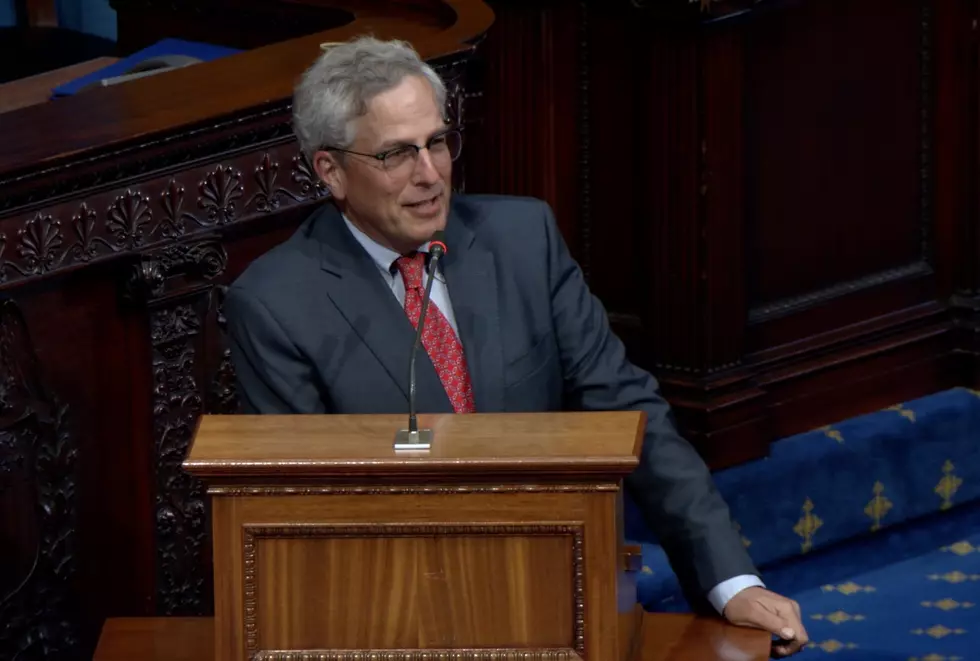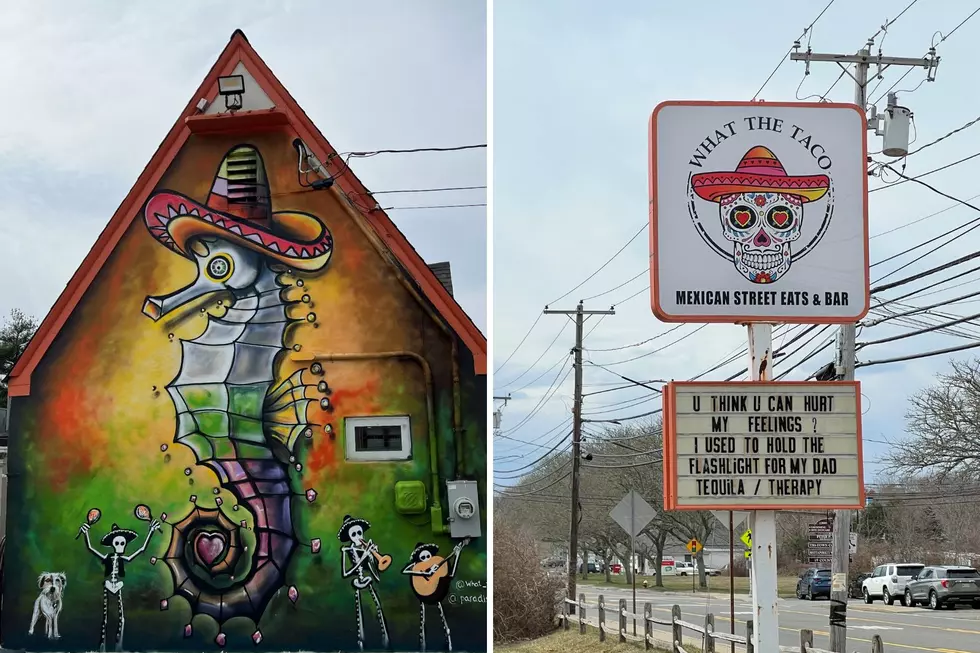
Straus on Big Changes Coming to SouthCoast Transportation
The SouthCoast has always been centralized around its port economy, anchored by the record-breaking annual hauls of New Bedford's fishing industry. Now, however, burgeoning industries such as offshore wind and key infrastructure projects have brought the promise of new avenues for prosperity in the region.
State Rep. Bill Straus (D–Mattapoisett), serving as Chair of the House Committee on Transportation on Beacon Hill, has played a pivotal role in ushering in many of these paradigm-shifting reforms such as South Coast Rail, which is slated to become operational in 2023.
Straus, who has been making the regular commute from the SouthCoast to Boston since being elected in 1993, said that the 90-minute rail commute to the state's capital will be a welcome change for most area commuters who typically have to budget two hours or more into their schedule to account for the bottlenecking car traffic into the city.
"The 90 minutes is a predictable schedule, it's WiFi-included, and for some people you could read, you could work, you could just have a cup of coffee," Straus said when he joined me on-air recently. "So that's quite a plus and will be very attractive, and does bring our area within the working orbit of the Boston area."

That isn't the only infrastructure reform coming to the region. The New Bedford-Fairhaven Bridge, a source of much annoyance to local drivers and commercial boating alike, is being completely replaced by a modernized lift bridge, as opposed to the inefficient swivel design that the bridge had operated on for a century.
Straus said this new more efficient design will improve the commute over the bridge and alleviate some of the pressures of the high-traffic that will come with South Coast Rail.
Straus also discussed The Work and Family Mobility Act, legislation that will allow undocumented residents of the Commonwealth to obtain drivers' licenses. The bill was recently vetoed by Governor Charlie Baker, who cited concerns that it would allow unauthorized voting, concerns that have been rebuffed by Straus and Secretary of the Commonwealth Bill Galvin. Baker's veto is expected to be overridden by the House on June 8.
"The Baker Administration, through the Registry of Motor Vehicles, has been issuing non-residents licenses for its entire tenure," Straus said, further explaining that nonresidents with a documented status such as green card holders have been able to legally obtain a drivers' license in Massachusetts for decades.
"And I know Charlie Baker well enough that if there were an abuse of voting rights, or voting access by people who had driver's licenses but were not citizens. he would have come up with a proposal years ago, and we would have been hearing from the municipal clerks, who do most of the voter registration process, that here was an issue," he said.
Straus also addressed another misconception being posited by state Republicans regarding transportation: the notion that temporarily suspending the gas tax would provide economic relief to Commonwealth residents. Straus said that repealing the gas tax would not only deprive residents of $50-$60million per month in critically needed funding for repairing roads, bridges, and for projects like South Coast Rail, but it would only serve to be a source of profit for oil companies.
"The gas tax is something that's paid by probably 10-15 oil companies that get charged on a gallon of gas," Straus said. "At best, if there is a price cut to the oil companies, they don't pass it along to you. At best, what they do, the studies show in 34 different states, maybe 18 cents on the dollar, 18 percent will be reflected in the price, the rest will go in the pockets of Big Oil."
"Everyone is quite aware in the legislature, and this was part of my remarks in floor debate, that we have to provide some sort of tax relief, not to Big Oil – they've made a fortune the last year," Straus added. "Here's what you need to do: target tax relief to the people that are facing these higher energy costs. Tax relief in a targeted responsible, prudent way is going to be taken up in the both the House and Senate later this session."
You can listen to Rep. Straus' full interview on The Marcus Ferro Show at the 10:30 mark below.
LOOK: See how much gasoline cost the year you started driving
More From WBSM-AM/AM 1420









